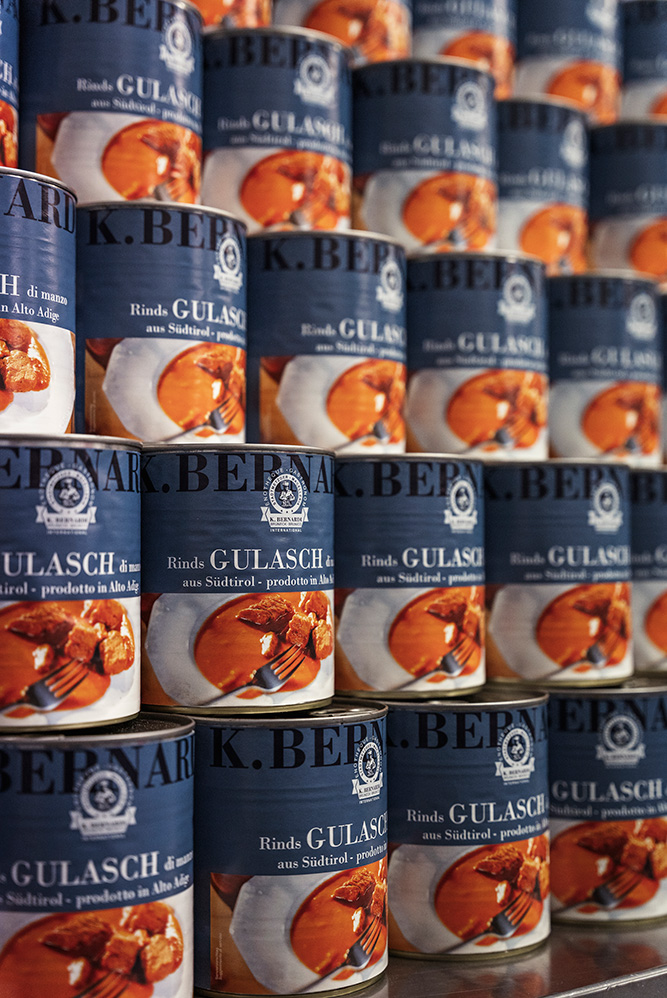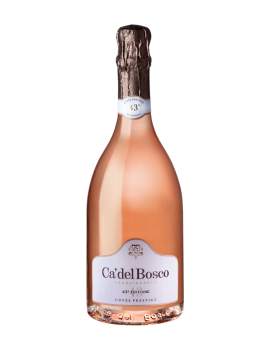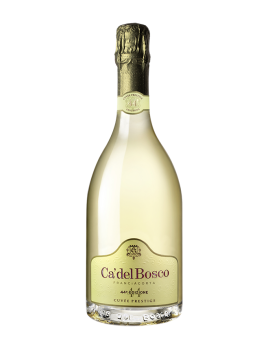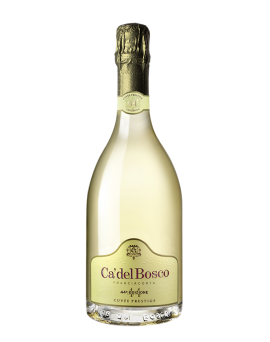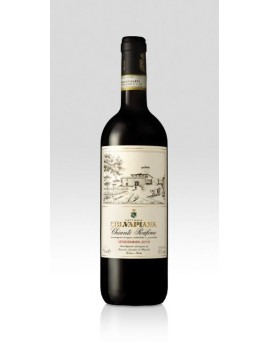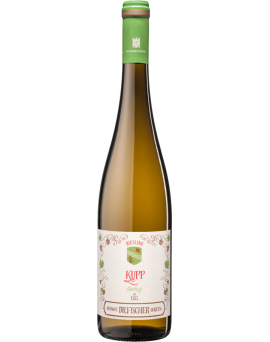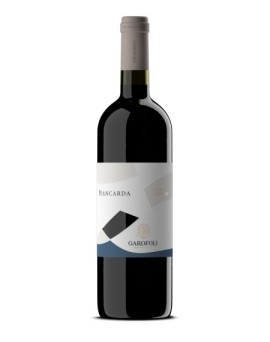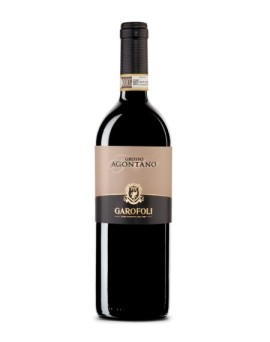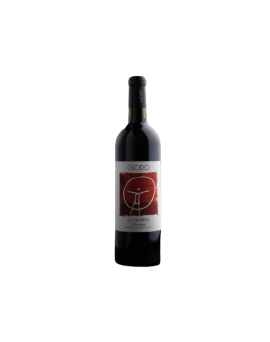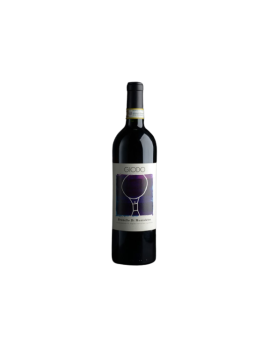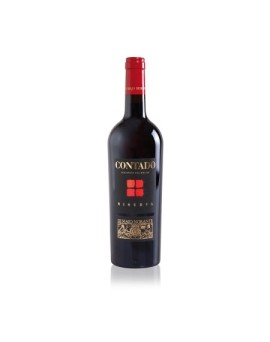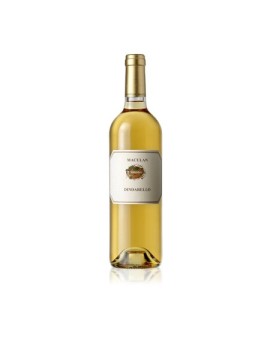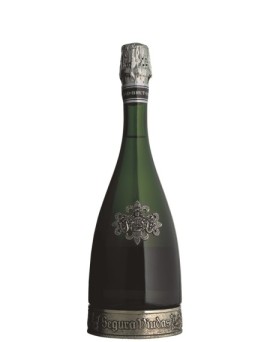<br />Reserva Heredad<br />Reserva Heredad was created to express style, in the world of top of the range sparkling wines. We make it with the objective of offering an elegant, versatile Cava. To do<br />this, we select only the very best wines from each vintage, which will then age in bottle, in contact with the lees, for more than 30 months. This ageing ends when the winery<br />expert gives every bottle the magic touch with the last poignettage or shake of the wrist, which intensi- fies the contact of the lees with the wine, and creates a more<br />complex bouquet.<br /><br />THE VINEYARDS<br />The grapes are 100% hand harvested and transported to the winery in 25kg capacity self draining plastic boxes to prevent grape damage, and thereby avoiding the<br />possibility that the juice might oxidise, with a consequent loss of freshness.<br /><br /><br />IN THE CELLAR<br />The must for Reserva Heredad comes from the lightest pressing of the grapes. We only use the first 50% of the juice pressed. This is known as the flower must, as it is<br />the most aromatic and delicate. The first fermentation takes place in stainless steel tanks at a controlled low temperature of between 14 and 16°C, to retain the primary<br />aromas of the grapes. The blend for Reserva Heredad is made up of nine different wines, each one vinified in separate tanks. The magic of the blend is in ensuring that each<br />one lends its own touch of character to the whole. Macabeo is the dominant grape in Reserva Heredad, contributing acidity and freshness. It also allows the wine to age<br />well, during the 30 months or more that it will be in contact with the lees. Both the first and the second fermentations are carried out using our own selected yeast strains.<br />These give structure, softness on the palate, more complex aromas (honey, dried fruits and flowers), as well as an elegant and persistent mousse. Before disgorgement we<br />give each bottle a last sharp shake, or twist of the wrist, known as a poignettage, lifting the yeast cells from the side of the bottle, and mixing them once more with the<br />wine, thus intensifying the element of autolysis. The riddling or turning of all the bottles of Reserva Heredad is done by hand and in pupitres.<br /><br /><br />IN GLASS<br />Straw yellow in colour, with a small, fine, plentiful mousse. The opening aromas are of the ageing on lees, lightly smokey, with touches of biscuit or bread, which are<br />followed by hints of honey, fruit and flower petals. The palate is excellent, fruity and full of flavour, with dried fruits from the lees ageing, but very elegant, giving the drinker a<br />delightful sense of abundance.<br /><br /><br />ON THE TABLE<br />This Cava defines elegant refreshment, even in its presentation. It is a perfect companion to truffle influenced dishes, such as truffle oil drizzled pastas. White fish - sole or<br />monkfish à la meunière, or even traditional Mediterranean casseroles are perfect companions, as are cooked or cured hams, and soft white cheeses such as brie or<br />camembert. It marries perfectly with meat dishes, such as fillet of venison slow braised in a shallot sauce.<br />
Price
€46.80

